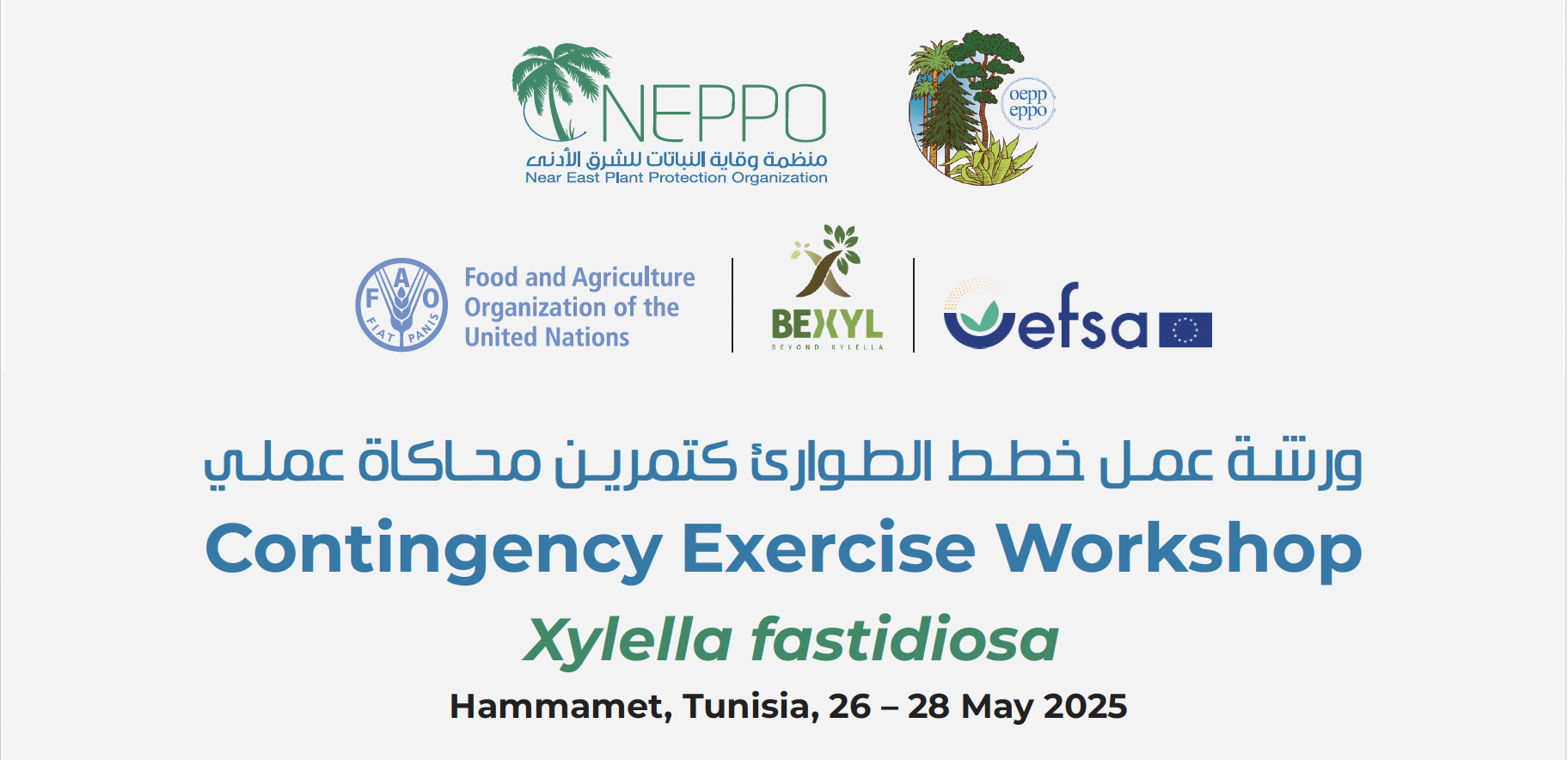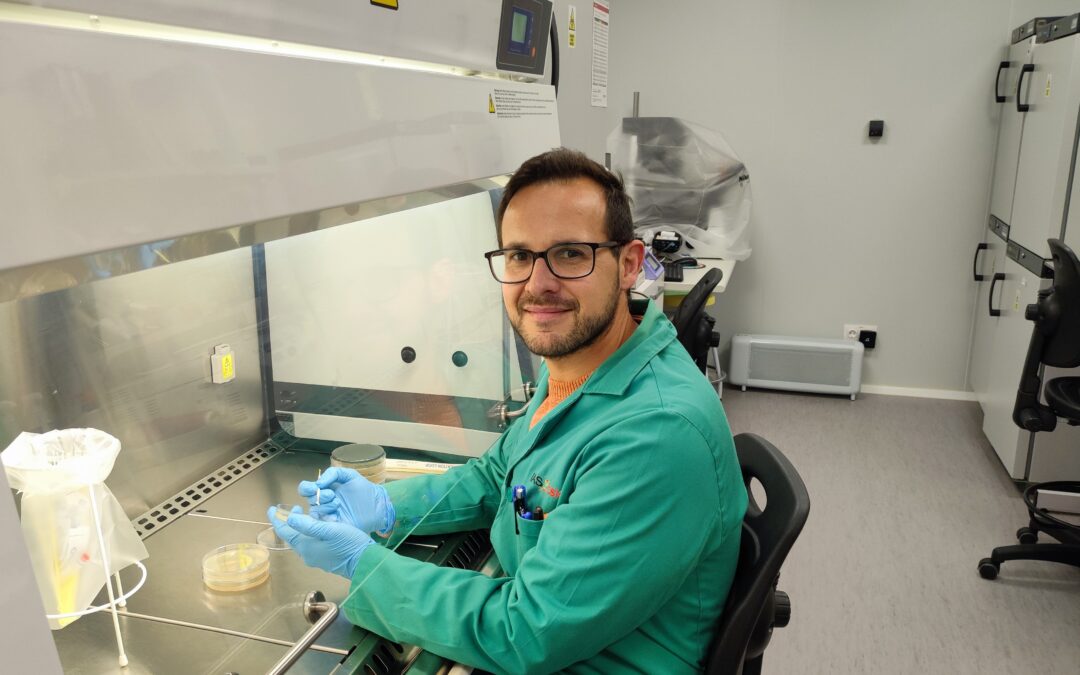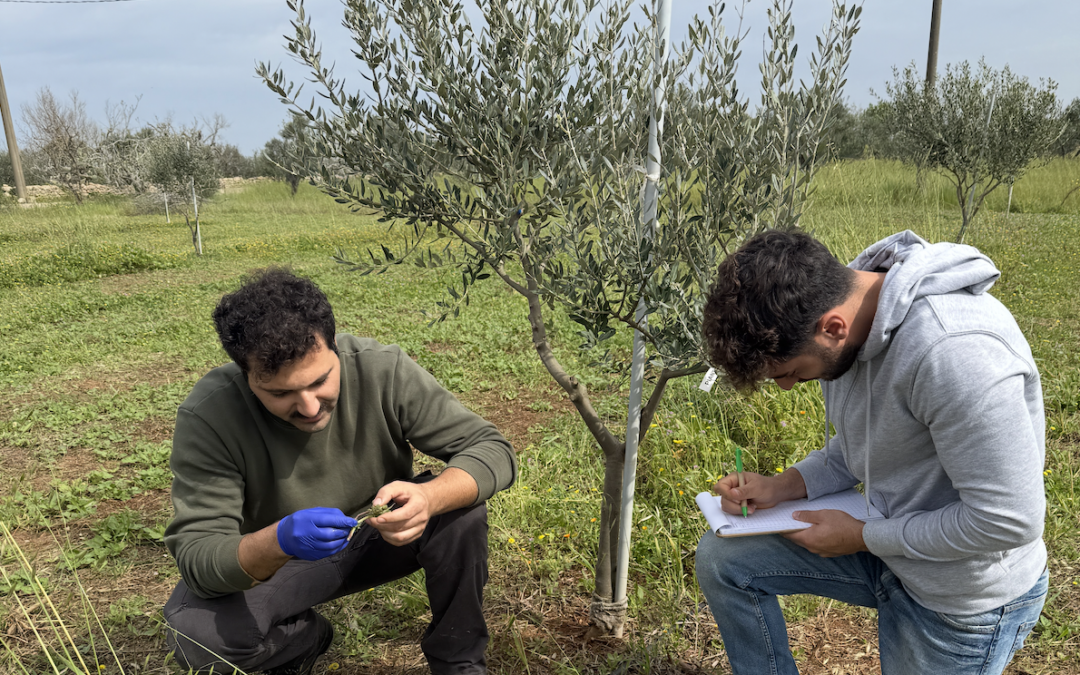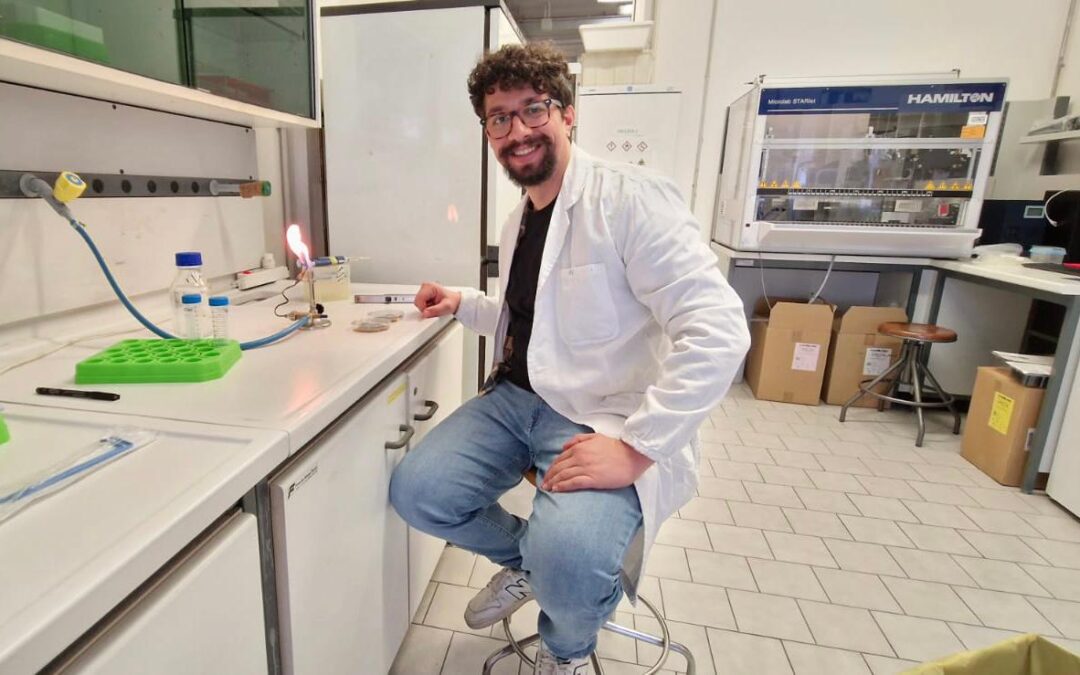The BeXyl Project contributed to the funding and the organisation of the Contingency Exercise Workshop on Xylella fastidiosa scheduled to take place from 26 to 28 May in Hammamet, Tunisia. We had announced the opening of the subscriptions here.
The purpose of the workshop is to simulate the experience of a plant health emergency and to test the responses to it, assessing whether contingency plans are available and adequate, the availability and relevance of other resources (for instance, EPPO guidance), providing experience in communicating key messages, learning why and how to develop contingency plans and how to carry out an emergency response exercise.
To this aim, the workshop will start with a short “setting the scene” session, with presentations on collaboration to prevent and mitigate pest outbreaks in the Mediterranean basin, Tunisia’s contingency plan and the BeXyl Project, among others. In a second session, the organisers will split workshop participants into six groups for the simulation exercise.
Each group will act as an “Outbreak Management Team” to address the challenges in the scenario. Within each group, there will be four roles: operations (practical issues and resources), communications (internal and external, written and spoken), intelligence (science, mapping, modelling, risk assessment, etc.), planning (overall management of the response, including policy aspects).
The second day of the exercise will be about training. In the morning, participants will visit an olive orchard to discuss key elements to consider when inspecting host plants, including sample collection and methods and equipment for sampling vectors.
In the afternoon, the NPPO Tunisia Plant Quarantine Laboratory (PQL) will hold a training session to provide participants with a comprehensive understanding of Xylella fastidiosa detection based on the workflow of the Plant Quarantine Laboratory.
Over 60 participants will attend the workshop, organised by the European Plant Protection Organization (EPPO), the Near East Plant Protection Organization (NEPPO), with the contribution of BeXyl, the FAO Sub-Regional Office Tunisia, the FAO Regional Office Cairo and the European Food Safety Authority (EFSA).








